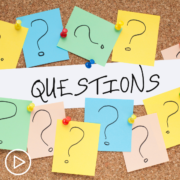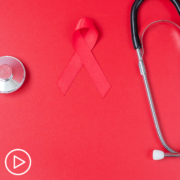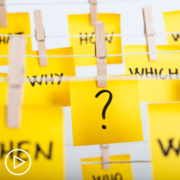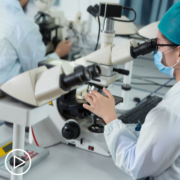Expert Perspective | Understanding the Recent FDA CAR T-Cell Therapy Warning
Expert Perspective | Understanding the Recent FDA CAR T-Cell Therapy Warning from Patient Empowerment Network on Vimeo.
The Food and Drug Administration (FDA) announced in December 2023 that it is investigating reports of secondary cancers in some patients who have undergone CAR T-cell therapy, noting that “the overall benefits of these products continue to outweigh their potential risks for their approved uses.” Timothy Schmidt, a myeloma specialist, shares his perspective on the recent news.
Dr. Timothy Schmidt is an Assistant Professor in the Department of Medicine, Division of Hematology, Medical Oncology and Palliative Care at the University of Wisconsin School of Medicine and Public Health. More about Dr. Schmidt.
Related Resources:

|

|
Transcript:
Dr. Timothy Schmidt:
So, in terms of the FDA update about CAR T-cell therapies, there was a recent warning, essentially, about an increased risk for a specific type of lymphoma involving T cells. And we don’t really know a whole lot about this just yet. But what we do know is that these events are rare and that we need to investigate it further. I think as of right now, this is not a huge area of concern for most of us, myself included.
When we have patients who are candidates for CAR T-cell therapy in multiple myeloma, generally, this means that patients are in need of a very effective treatment to get their disease under control and to do so for a long period of time. And the potential benefit of this therapy dramatically outweighs any of these kinds of long-term consequences or these newer things that are starting to develop. Now, I do think that this is something that we’re going to need to continue to keep an eye on. And we certainly can’t ignore this, especially as we start to move CAR T-cell therapy into earlier lines of therapy.
But as of right now, I would not weigh this very heavily in my decision whether to do a CAR T-cell therapy for somebody with multiple myeloma.








